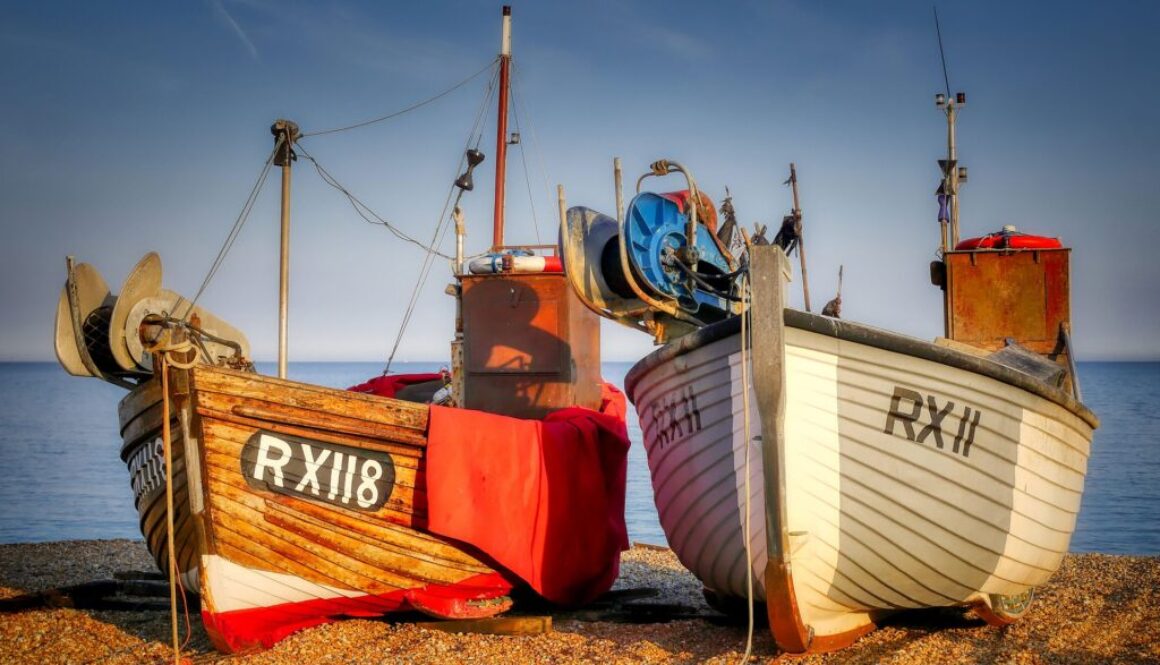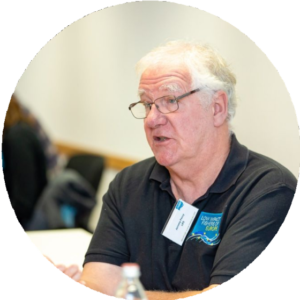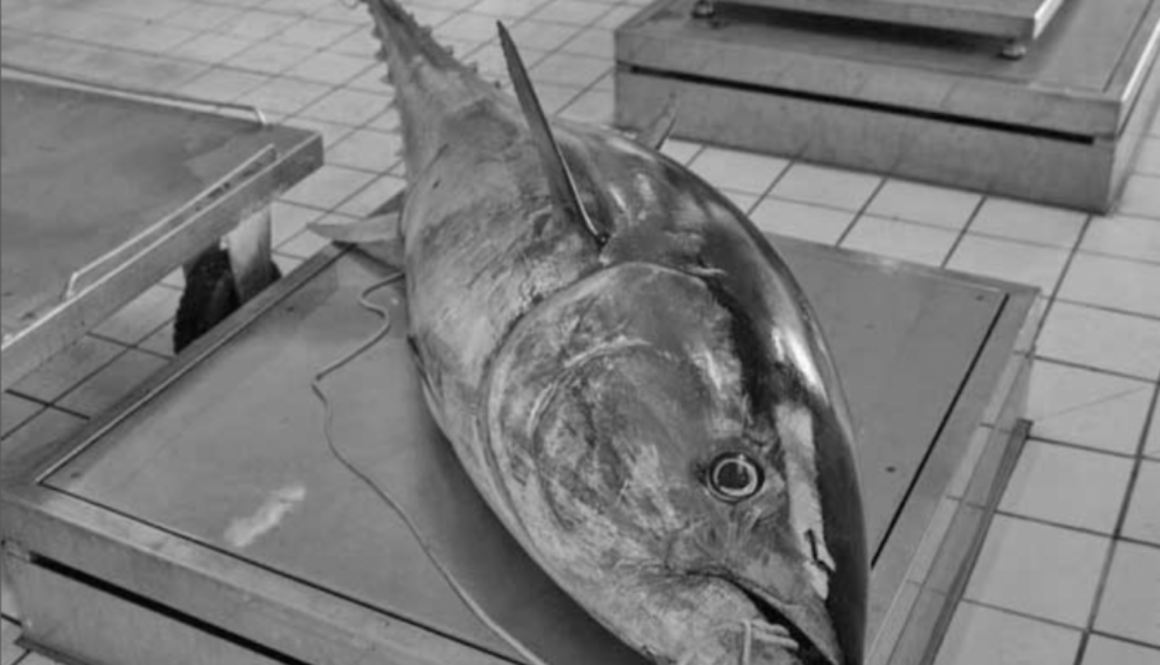Baltic Emergency: No fishers of the future without fish in the future!
Rebuilding biomass, reforming scientific advice: the alarming state of the Baltic Sea fisheries requires urgent remedial action to sustain both fisheries and fishers.
Analysis and related proposals by the Low Impact Fishers of Europe to tackle the Baltic Emergency
23 July 2024 will mark five years since emergency measures, effectively closing the cod fishery, were introduced by the European Commission to save the ailing Eastern Baltic cod stock from impending collapse.
The European Commissioner at the time, Karmenu Vella, stated:
“The impact of this cod stock collapsing would be catastrophic for the livelihoods of many fishermen and coastal communities all around the Baltic Sea. We must urgently act to rebuild the stock – in the interest of fish and fishermen alike. That means responding rapidly to an immediate threat now through the emergency measures the Commission is taking. But it also means managing the stock – and the habitat it lives in – properly in the long term.”
The past five years have demonstrated that the emergency closure has not been effective in restoring cod stocks, and positive change for the fishing sector remains out of sight. Rather, the temporary closure has become a permanent one, while no additional management measures have been implemented and neither has a cod recovery plan been discussed or implemented.
The socioeconomic consequences of this paralysis from the EU are severe and far-reaching, especially for small-scale fishing communities, whose fleets comprise over 90% of the EU’s Baltic fishing fleet and provide over 60% of the fishing jobs.
The Baltic Multiannual Management Plan (2016/1139) was the first MAP to be adopted by the EU in 2016 after the 2013 reform of the Common Fisheries Policy, which came into force at the beginning of 2014. Although LIFE was in favour of a MAP being set in place, with the expectation to have the fishery effectively managed, it is clear that the Baltic MAP has failed to achieve any of its objectives due to shortcomings.
“We must urgently act to rebuild the stock”
We need to rebuild the stocks and get the fish back at sea to foster a functional ecosystem. This means restoring stock biomass to healthy levels, in excess of threshold values, over several years. It also requires that stocks be in a satisfactory breeding condition, recruitment be within the bounds of the long-term average, mortality levels contribute to stock growth, and future productivity not be impaired.
Degraded stocks also cause distortions. In the absence of large cod, the plaice populations have swelled to record levels. Predation on sprat and herring has also declined, allowing for their harvesting at a higher fishing mortality rate. Meanwhile, all the small cod are not growing and are in poor condition, starving and parasite-infested.
The latest assessment shows that despite negligible directed fishing pressure, the state of Baltic cod continues to deteriorate, and there have never been so few large cod as is the case today. Rebuilding the cod stocks will not be possible with such high natural mortality levels. An immediate place to start is the predator/prey relationship. Seals and cormorants are voracious predators with increasing populations. In addition, the availability of herring and sprat is low and needs to be increased; both populations are marked by low productivity and fishing pressure has been too high, with stocks alarmingly close to the lowest biomass threshold, making them highly vulnerable. Reducing predation and increasing prey availability would likely lower natural mortality.
Two immediate changes in approach are necessary and justified: biomass growth needs to be prioritized, and improvements are required in the way scientific advice is provided.
Since the 1970s we have lost 50% of the fish biomass in the Baltic and, since 2013, when the EU reformed its fisheries policy promising a new era with healthy fish stocks, stocks have declined by around 800.000 tonnes and catches by 130.000 tonnes, 40% of which is due to the cod closure.
To reverse this biomass decline, a concrete reform of the scientific advice process is required: namely to apply Maximum Sustainable Yield (MSY) in a different way. This requires identifying the biomass levels for harvested stocks that can deliver MSY (BMSY). In the absence of direct estimates, it is appropriate to use more precautionary values as proxies, such as 2 x Bpa, and reduce fishing levels to rebuild stocks. This would allow for more stable yields with lower fishing effort, improved stock resilience, and better access to coastal low-impact fisheries.
It is inappropriate to harvest fish stocks, in particular lower trophic level prey species such as herring and sprat, while not taking into account the needs of cod and other predators dependent on their availability. Coastal low-impact fishers have been making clear demands for many years: the quotas for herring and sprat need to be reduced and the demersal and pelagic trawl fisheries restricted.
Finally, implementing Article 17 and allocating fishing opportunities to those operating in a low-impact way, providing a high-quality product for human consumption and favouring employment to revitalize coastal communities, is key.
The status quo is not an option. Urgent action is required now, first and foremost a root and branch reform of the science and the way it is used to provide management advice. Currently science and the way it is misapplied is part of the problem, not the solution. Next, we urgently need a revision of the Baltic MAP, including a Cod Recovery plan, based on a revised approach to MSY and ecosystem considerations.
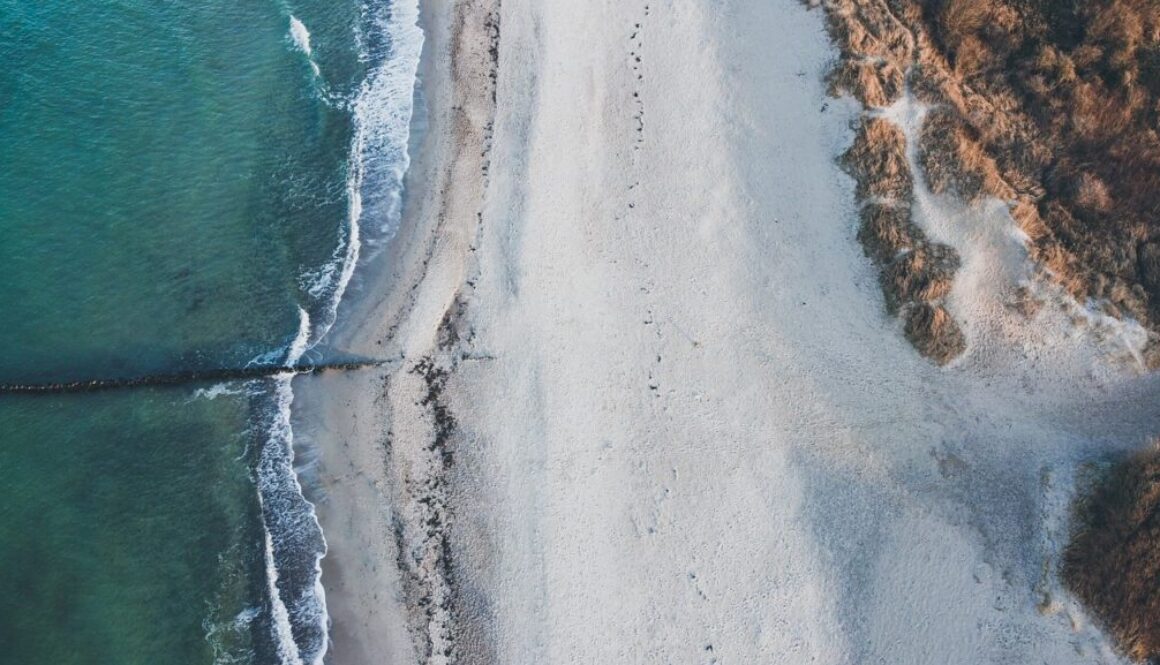
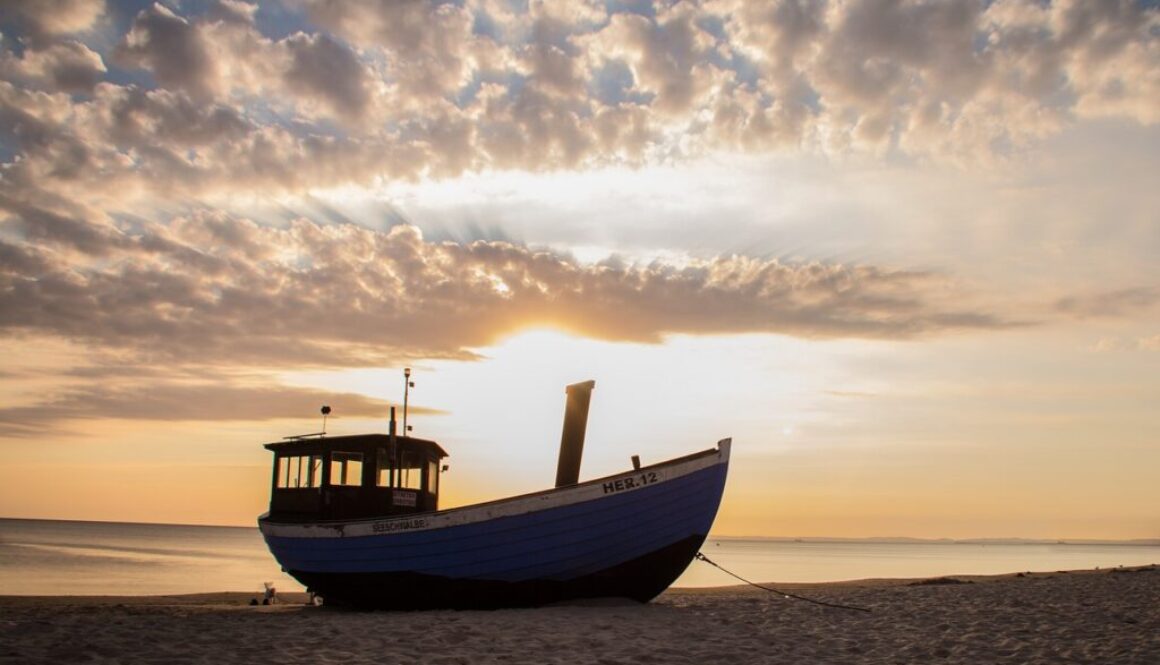
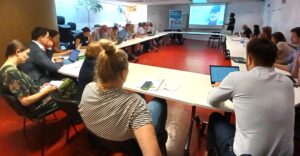
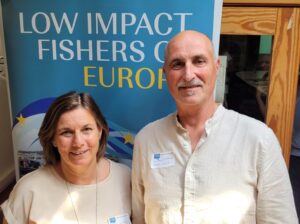
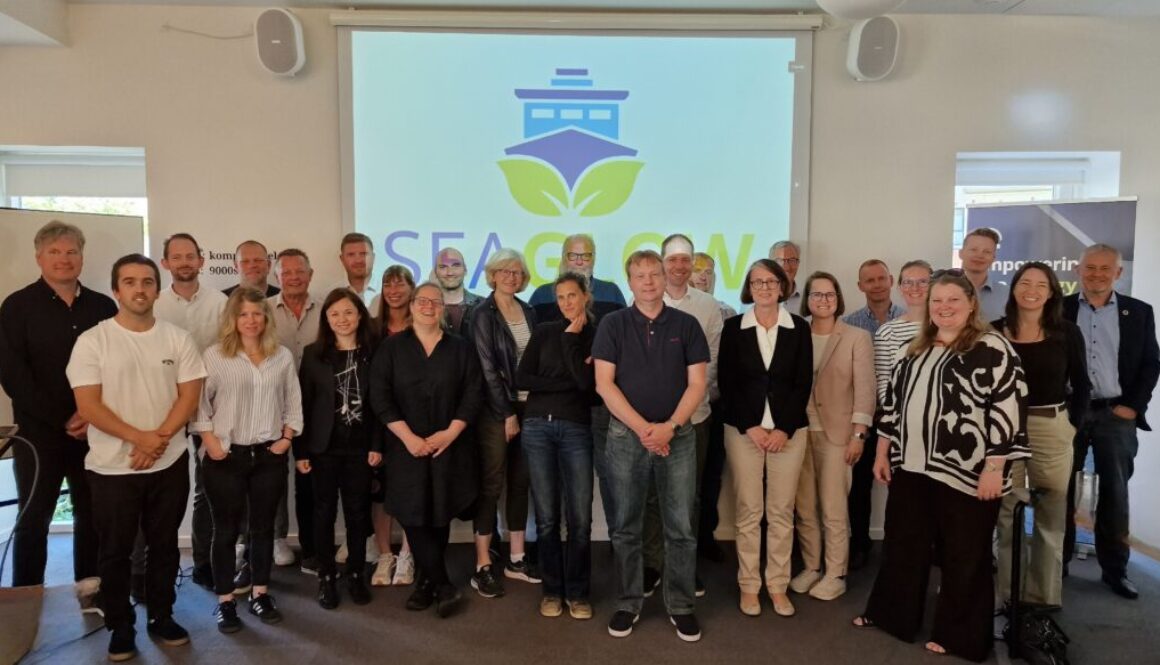
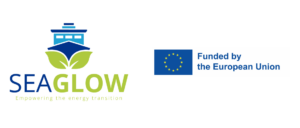 Aalborg, 4 June 2024 – LIFE is enthusiastic to be part of a consortium of 16 partners from across the European Union, Norway and Thailand who joined in Aalborg, Denmark, to officially launch the Seaglow Project and accelerate the transition of the fishing sector towards renewable and low-carbon energy sources. The initiative, led by NorthDenmark EU-Office, aims to demonstrate that when using the right combination of technologies, small-scale fisheries can reduce their dependency on fossil fuels and positively contribute to restoring marine ecosystems and improving fishing communities’ well-being.
Aalborg, 4 June 2024 – LIFE is enthusiastic to be part of a consortium of 16 partners from across the European Union, Norway and Thailand who joined in Aalborg, Denmark, to officially launch the Seaglow Project and accelerate the transition of the fishing sector towards renewable and low-carbon energy sources. The initiative, led by NorthDenmark EU-Office, aims to demonstrate that when using the right combination of technologies, small-scale fisheries can reduce their dependency on fossil fuels and positively contribute to restoring marine ecosystems and improving fishing communities’ well-being.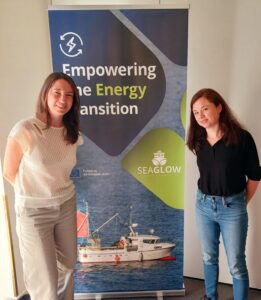 The SEAGLOW consortium will design, construct, and operate five technology pilots, including the replacement of conventional diesel engines, on four vessels in Denmark, Estonia, Norway, and Sweden. Researchers and fishers will then conduct tests in real-life conditions during operations covering at least two fishing seasons, which is rarely done due to the complexity of the task. “We are very excited to kick off this ambitious project”, – states Hanne Bregendahl Pihl, Head of Unit of NorthDenmark EU-Office – “it is a unique opportunity to test and demonstrate some of the available green transition solutions on the market and showcase the impact of these on real, active fishing boats across the Baltic and North Sea. Seaglow has received very high evaluations from the European Commission and encompasses a consortium with a high political reach, which provides optimum conditions for providing feedback on what works in practice, what are the challenges the fishermen are experiencing when engaging in the green transition and what needs to be changed or adapted in future regulations, funding programs and setups.”
The SEAGLOW consortium will design, construct, and operate five technology pilots, including the replacement of conventional diesel engines, on four vessels in Denmark, Estonia, Norway, and Sweden. Researchers and fishers will then conduct tests in real-life conditions during operations covering at least two fishing seasons, which is rarely done due to the complexity of the task. “We are very excited to kick off this ambitious project”, – states Hanne Bregendahl Pihl, Head of Unit of NorthDenmark EU-Office – “it is a unique opportunity to test and demonstrate some of the available green transition solutions on the market and showcase the impact of these on real, active fishing boats across the Baltic and North Sea. Seaglow has received very high evaluations from the European Commission and encompasses a consortium with a high political reach, which provides optimum conditions for providing feedback on what works in practice, what are the challenges the fishermen are experiencing when engaging in the green transition and what needs to be changed or adapted in future regulations, funding programs and setups.”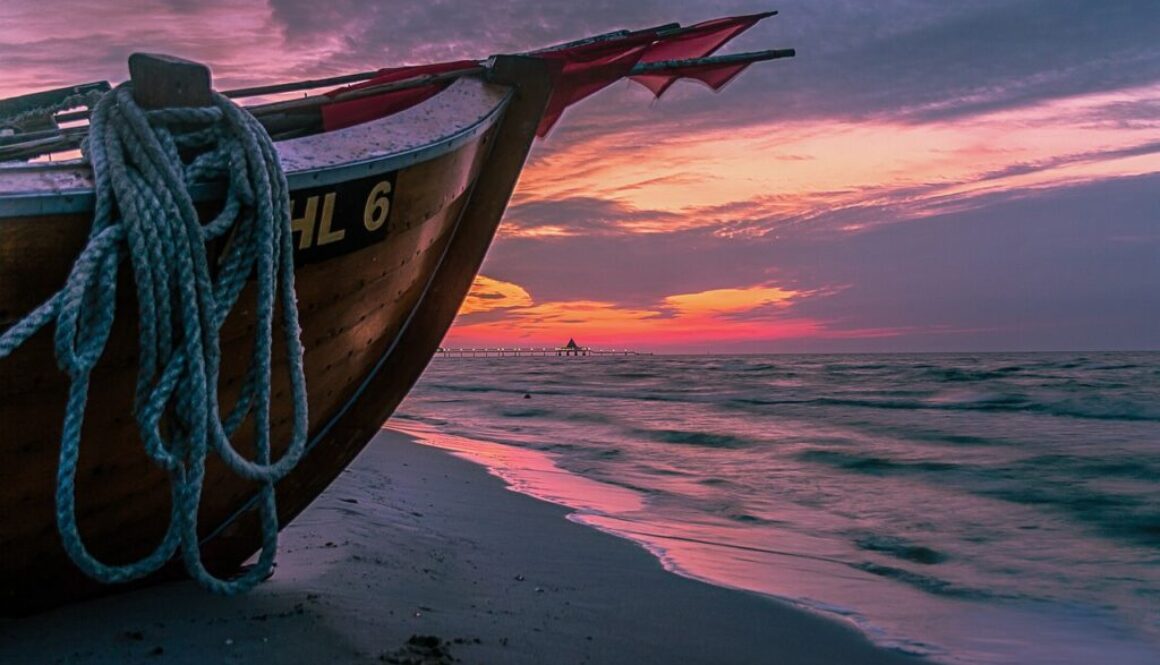
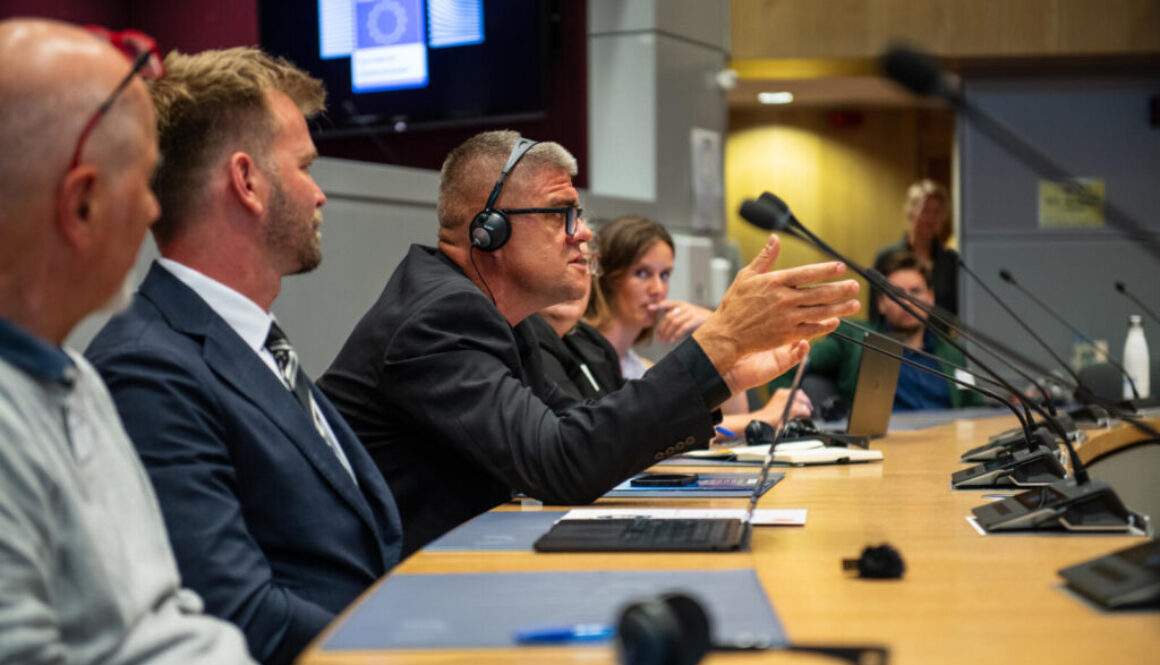
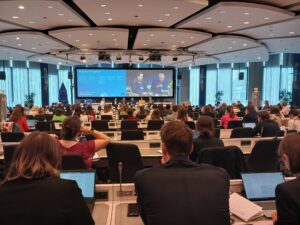 Climate change is impacting the Arctic more dramatically than other regions; it is warming 3-4 times faster than the planet as a whole. This is affecting the livelihoods and food systems of local communities and indigenous people in irreversible ways. Meanwhile, climate change is opening up opportunities for others, attracting external actors into the region and increasing competition for space and resources.
Climate change is impacting the Arctic more dramatically than other regions; it is warming 3-4 times faster than the planet as a whole. This is affecting the livelihoods and food systems of local communities and indigenous people in irreversible ways. Meanwhile, climate change is opening up opportunities for others, attracting external actors into the region and increasing competition for space and resources. 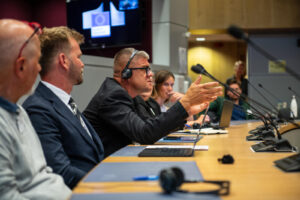
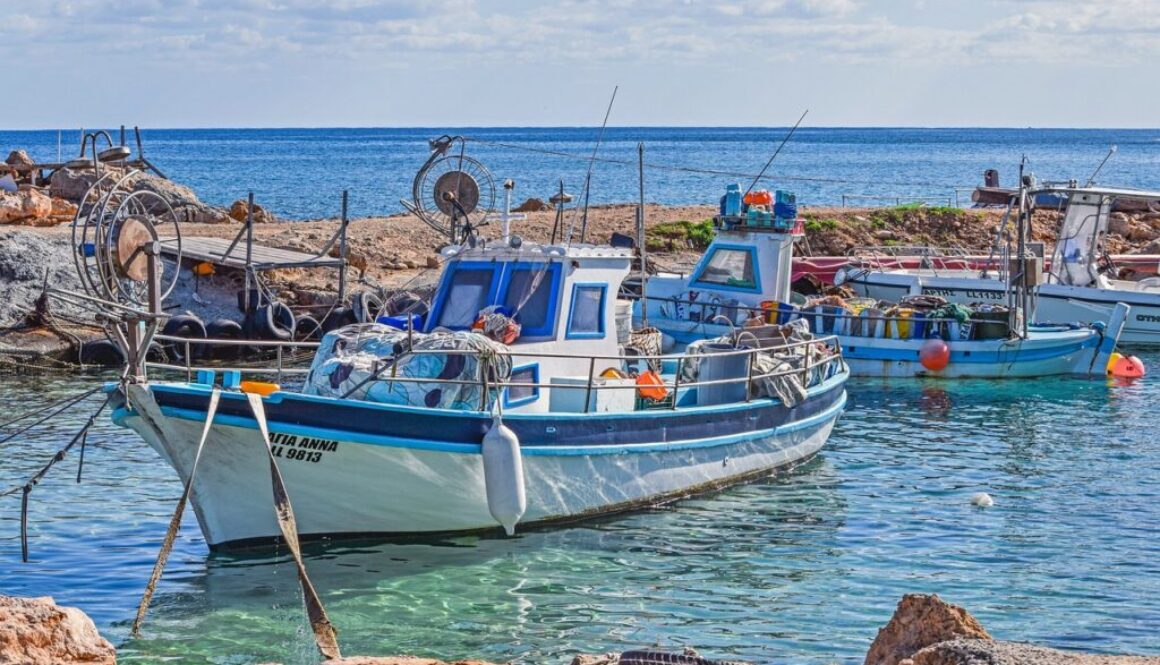
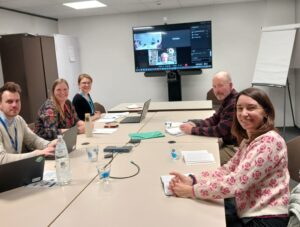
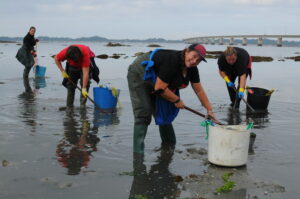
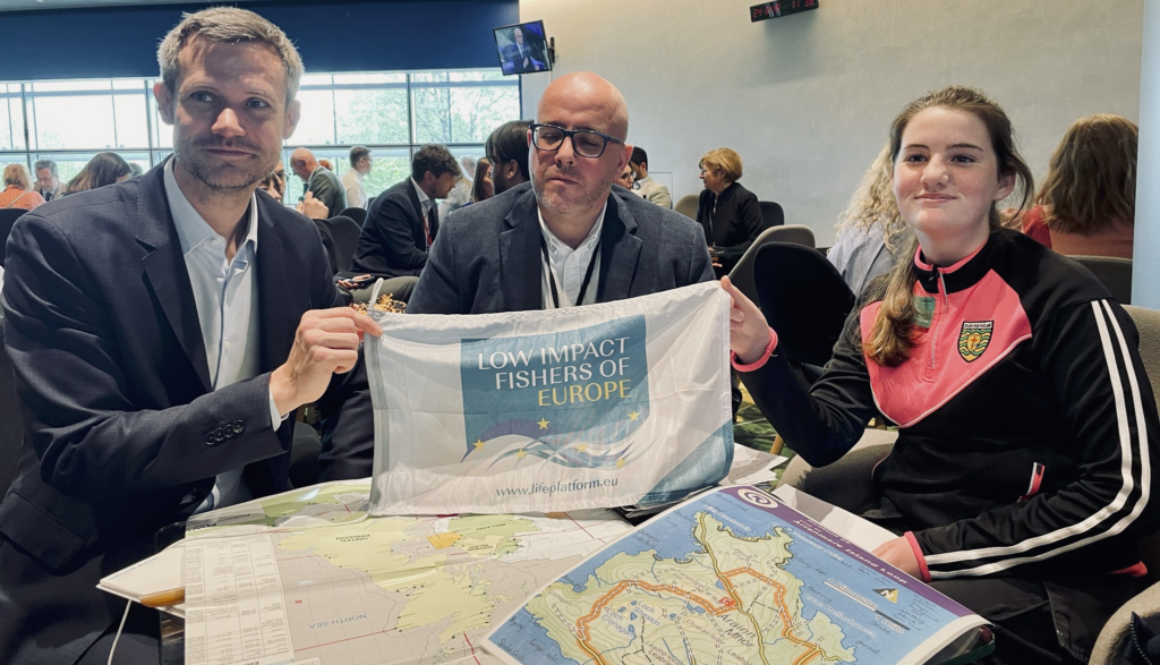
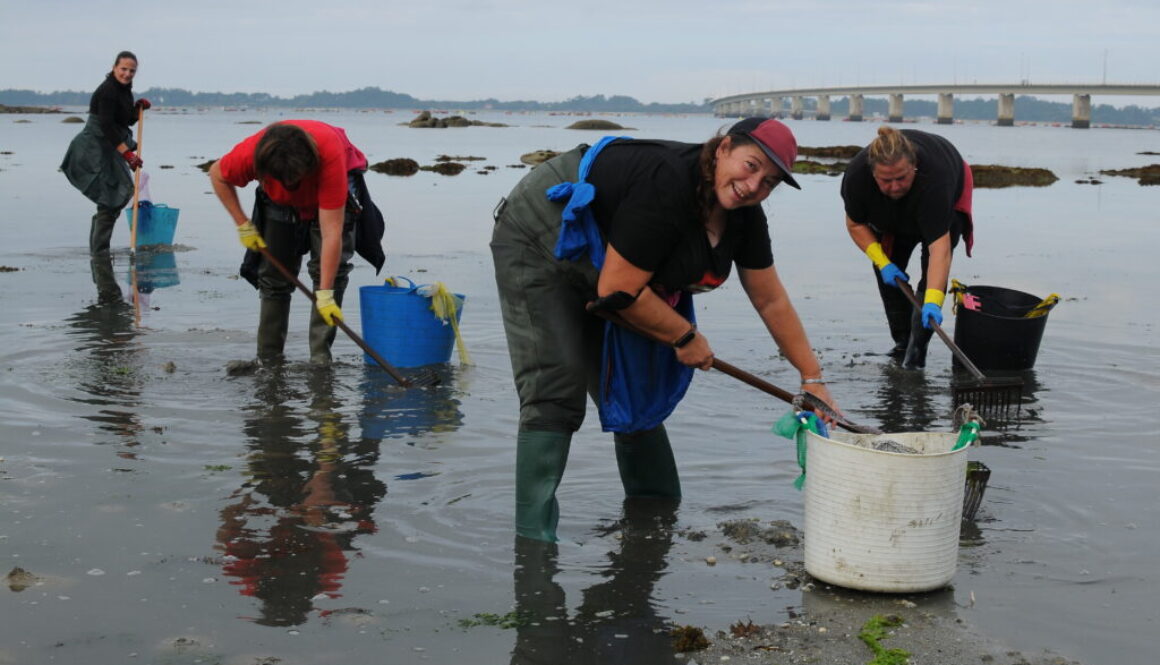
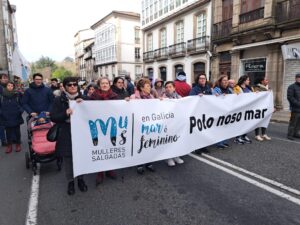 Welcome to LIFE! We are very happy to have you as members of our platform. Could you tell us a bit more about your organisation, its origin, where you are, and where you work?
Welcome to LIFE! We are very happy to have you as members of our platform. Could you tell us a bit more about your organisation, its origin, where you are, and where you work? 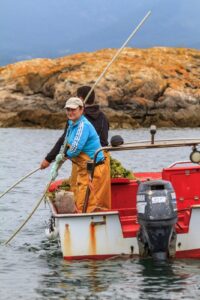 Right now, the main concern is the mortality of shellfish on the beaches and the decline in shellfish resources. We are at a time when many of Galicia’s shellfish gatherers’ groups are ceasing activity or collecting very small quotas, which means a lack of income. Not all shellfish gatherers are entitled to receive the cessation benefit; furthermore, the procedures take a long time. There are still shellfish gatherers who have not received anything and have not worked since January. It is urgent to rethink the management of shellfishing as well as the requirements for obtaining the permits and the conditions to benefit from the cessation of activity.
Right now, the main concern is the mortality of shellfish on the beaches and the decline in shellfish resources. We are at a time when many of Galicia’s shellfish gatherers’ groups are ceasing activity or collecting very small quotas, which means a lack of income. Not all shellfish gatherers are entitled to receive the cessation benefit; furthermore, the procedures take a long time. There are still shellfish gatherers who have not received anything and have not worked since January. It is urgent to rethink the management of shellfishing as well as the requirements for obtaining the permits and the conditions to benefit from the cessation of activity.